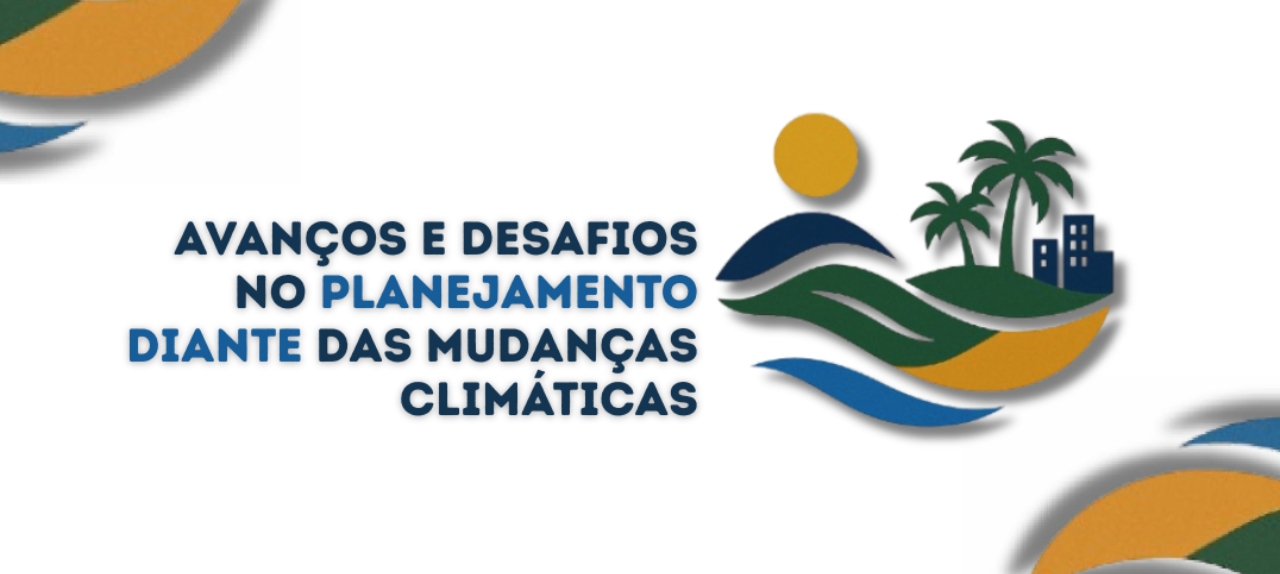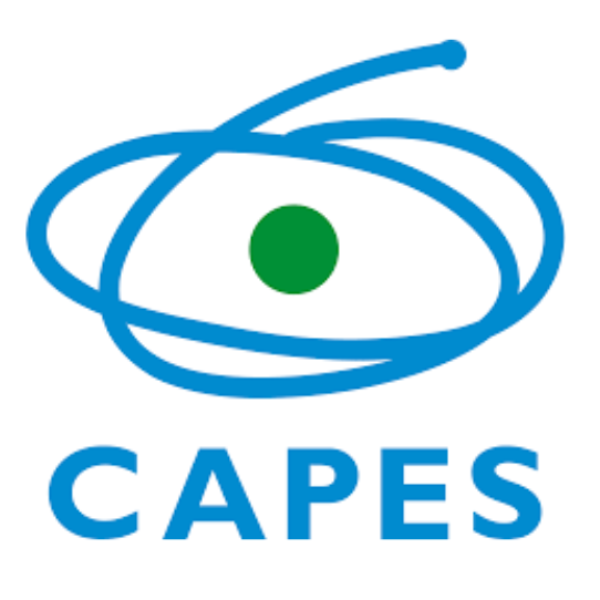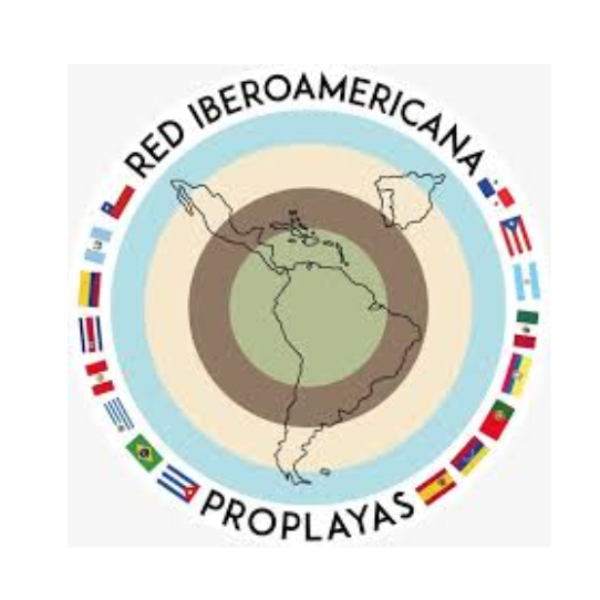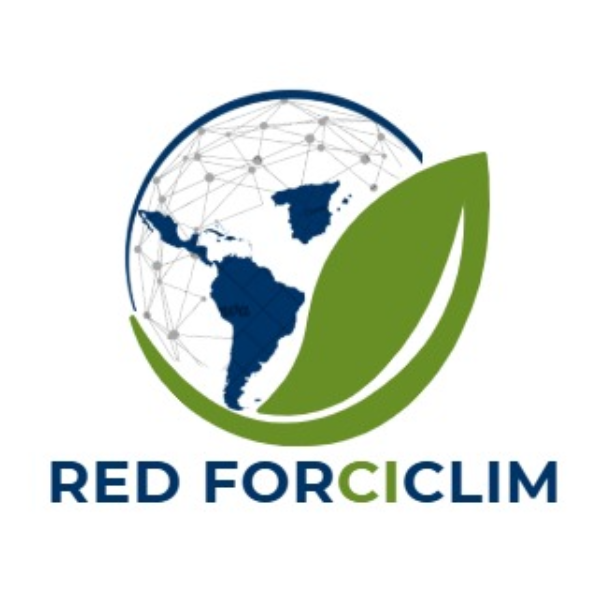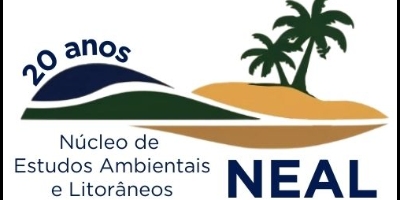The "II Research Seminar: Advances and Challenges in Climate Change Planning", organized by the Center for Environmental and Coastal Studies (II SPNeal), seeks to promote a space for exchange between graduate students from Argentina, Brazil, Colombia, Chile, Cuba, Ecuador, Spain, Mexico, Portugal and Uruguay, for publications, dialogue and exchange of experiences between international research networks. with the support of the MCI-IBERMAR, PROPLAYAS and the Stephen Olsen Chair of the ICZM, researchers, managers and civil society working in the field of coastal zone planning and management. This seminar seeks to strengthen the relationship between academic research and management practice in the national and international context, allowing academic research to influence and be influenced by the real needs faced by managers, especially considering the impacts of climate change.
In addition, the objective is to identify and discuss common challenges, opportunities for collaboration and innovative solutions that can be implemented in public policies. The II SPNeal will promote working groups to address problems in coastal areas, promoting the co-creation of knowledge, in addition to generating the publication "Integrated planning and management for sustainability and adaptation to climate change: progress and challenges in coastal countries and localities of Ibero-America". In this way, it encourages the implementation of joint projects in different contexts, with the aim of evaluating their effectiveness and promoting the creation of networks, where participants can exchange experiences, discuss ideas and form lasting alliances, focusing on the following topics: Dynamics of land use and occupation, conflicts, risks and vulnerabilities; Geotechnologies: methods and techniques applied to the planning of coastal environments: contribution to the mitigation of future scenarios; and Planning and Management: experiences and challenges in the current scenario.
